7 Things You Need to Know About Iraqi Kurdistan
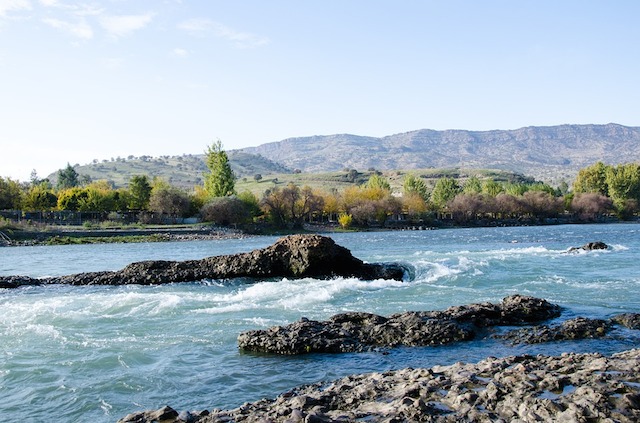
After graduating college in 2012, I wanted to teach in the Middle East. Somehow, through various connections in the region, I found myself working in a private elementary school in Iraqi Kurdistan.
I arrived ignorant, but ready to learn. While I was there, I discovered a world that was entirely new to me, and I explored various facets of the society I was living in. It was mind-blowing! I was completely out of my comfort zone, and thus open to all of the stunning, horrible, and marvelous wonders of Kurdistan.
These are seven general observations about Kurdish culture that I had to learn the hard way.
7 Things You Need to Know About Iraqi Kurdistan
1. Everything is based around the family.
You are your family, and your family is you. Anything good you do reflects upon your family, but even more so, anything bad you do brings shame upon your relatives. This communal influence contrasts with the individualism of the West, where we exist largely separate from our families.
2. The past is the present.
The conflicts of the past haven’t died away. The Peshmerga, the Death-Confronters, the Iraqi Kurdish militia, are still actively defending the country they fought to build against ISIS, just as they defended it against Saddam Hussein. Kurds are strong and persistent.
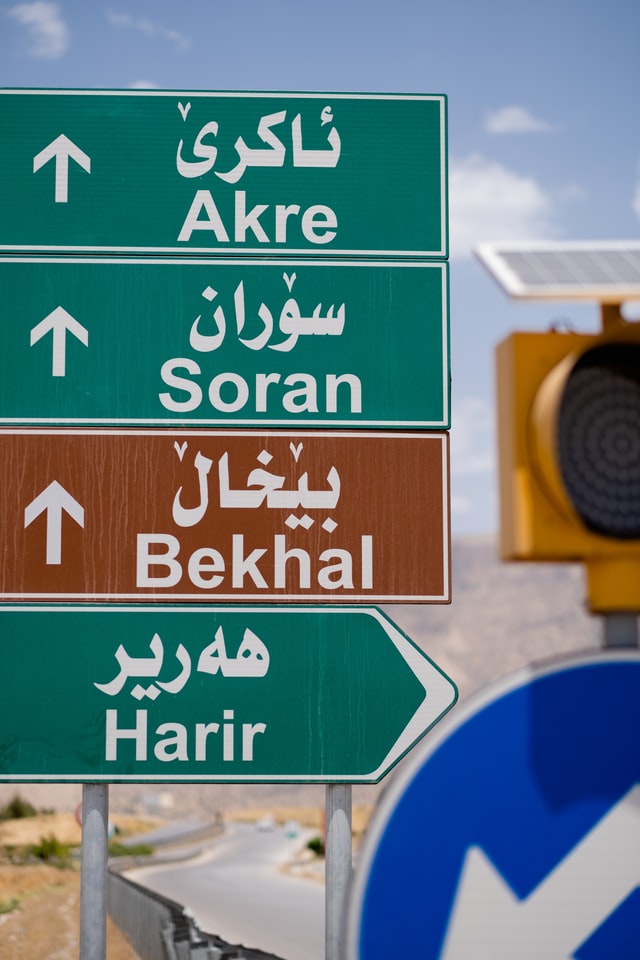
3. The divisions are deep.
Kurds are Kurds. They are proud of this unique land, which they fought to build. Every family I met had someone who sacrificed, or even died, for Kurdish independence. And they are, as I mentioned, wary of the past. They are wary of Arabs and Turks, who have a history of oppressing Kurds.
They are wary of Westerners and their cultural differences, which threaten to subvert Kurdish traditions. Kurdistan is one of the fastest-developing and increasingly diverse places in the Middle East, but Kurds are highly aware of preserving their culture, and thus they keep foreign cultures at a distance.
After graduating college in 2012, I wanted to teach in the Middle East. Somehow, through various connections in the region, I found myself working in a private elementary school in Iraqi Kurdistan.
4. Kurds are hospitable…
You will never go hungry or sleep on the streets in Kurdistan. At the beginning of the Syrian conflict, Kurds set up camps for the incoming refugees. When I was traveling, many Kurdish mothers took me under their wings, invited me in for dinner, and ceaselessly interrogated me about America. If you ever have the chance, spend time with Kurdish families, and come hungry for dinner!
5. …But not necessarily friendly.
It’s difficult to make Kurdish friends, though when you do the bond lasts. As a female outsider, you have many things working against you; you don’t have a family to vouch for your good character, you don’t have a man (father, brother, and/or husband) to protect you, you don’t speak the language well, and you are largely ignorant of the culture. All this can easily generate suspicion, jealously, and disdain toward you.
I was often treated more as a curiosity than a friend, and was held at a distance. But keep persisting–learn the language, get good at eating and chatting, and ask constantly about Kurdish culture. You’ll make connections; it’ll just take a while.
While I was living in Iraqi Kurdistan, I discovered a world that was entirely new to me, and I explored various facets Kurdish culture.
6. Misogyny and racism are rampant.
This was the most difficult aspect of Kurdistan, and why I ultimately left. In fact, I was harassed a lot. This was partly because:
1. The religious and social conservatism in Kurdistan forbids pre-marital sex.
2. Western media feature sexually assertive, scantily clad women.
3. As an outlier in this society (a young, blonde, single, Western, non-Muslim woman), I didn’t have to be afforded the same respect as a well-behaved Kurdish woman from a good family.
Thus, many men saw me as a good target, and often seemed shocked that I didn’t reciprocate their sexual advances. Surprisingly, I never felt physically threatened. I was dehumanized and disillusioned, but I was never physically assaulted, even though I often travelled alone. Kurds are actually quite physically conservative, so men kept their (physical) distance. As a white American, I was sometimes assumed to have connections with powerful people.
But this respect was not always afforded to Eastern or dark-skinned foreigners, who are considered lower class. Many laborers are Pakistani, and the only brothels in the area are Chinese, further lowering opinions of Eastern women. In fact, an Indonesian-American teacher in the capital was raped during my time in Kurdistan.
My Kurdish acquaintances, to my horror, told me that she ought to have expected it, looking like she did and walking alone. It was awful to have to accept the fact that many Kurdish men expected our female bodies to belong to them.
7 Things You Need to Know About Iraqi Kurdistan.
7. Kurdistan is generally a safe place.
I was there in 2012, though my friends living there tell me it’s still secure. Kurdistan is replete with military checkpoints aimed at keeping the region safe.
Meanwhile, while conflict roils along its borders, the Peshmerga are invested in keeping the conflict outside. The only trouble I had was with men, and I developed safety measures for myself. I wore long clothes and dark sunglasses. In fact, I even avoided eye contact with men, I didn’t take taxis late at night, I ignored catcalls and stopped answering the “are you single” question, and I did my best to travel with friends, especially male friends.
I do really encourage everyone to visit Kurdistan. When I was there, most passports could obtain a free 10-day tourist visa upon entry. You can either fly into Arbil or Sulaymaniyah, or cross over from Turkey (I recommend taking a bus across). Rent a car and go everywhere, from the green hilly north, to the dry midlands, to the steep, rocky mountains in the east.
Kurdish culture is fascinatingly different from Western culture, which makes travel fun, though adjusting to it longer-term can be very difficult. However, it’s worth the trouble.
7 Things You Need to Know About Iraqi Kurdistan
Related Reading
Have you traveled to Kurdistan? How was your trip? Email us at editor@pinkpangea.com for information about sharing your experience and advice with the Pink Pangea community. We can’t wait to hear from you.
7 Things You Need to Know About Iraqi Kurdistan photo credits: Rachel Hoar and unsplash.

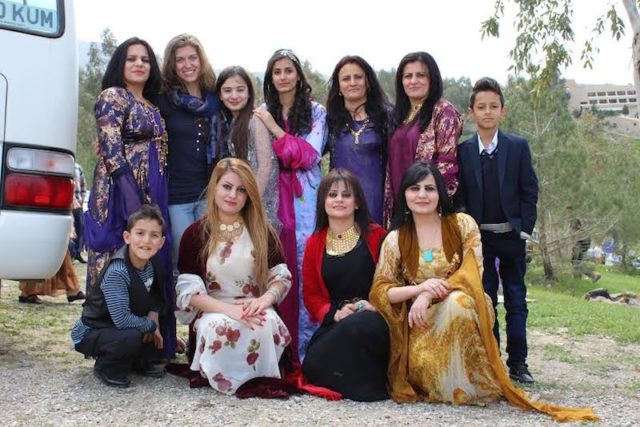
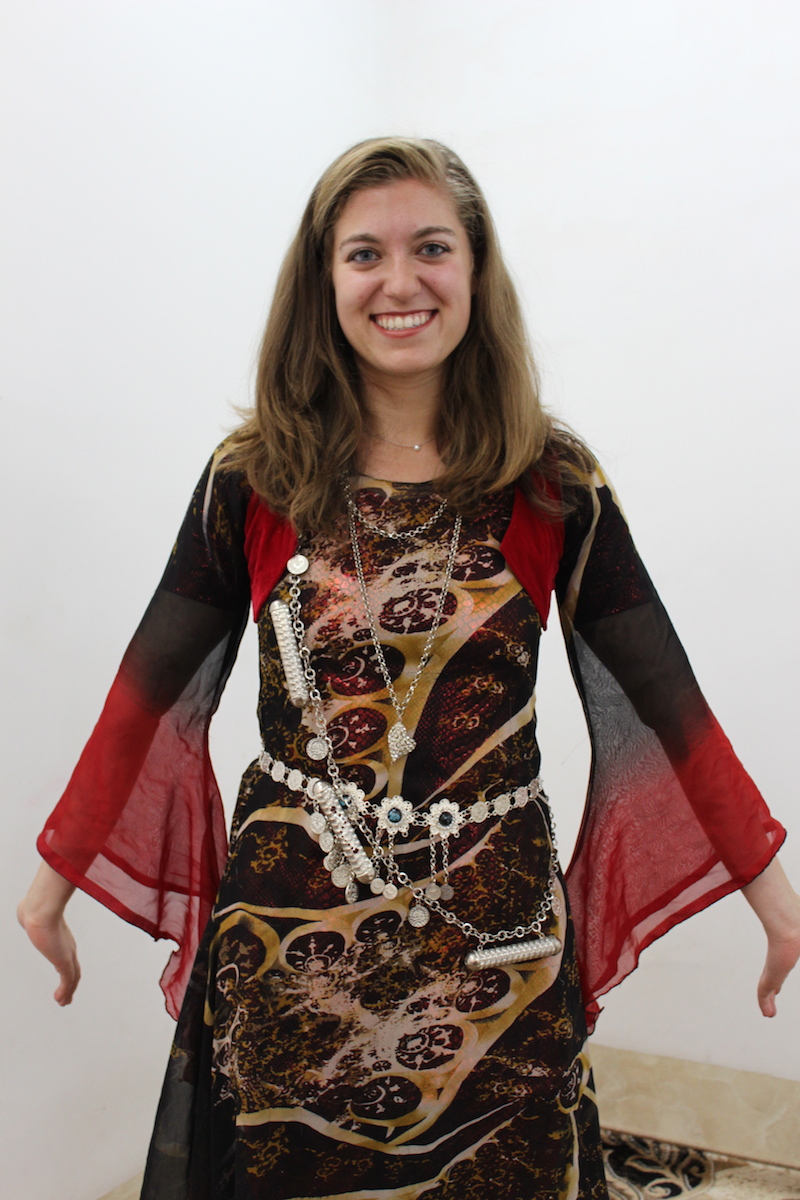
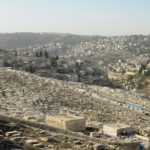

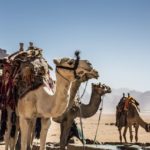
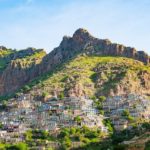
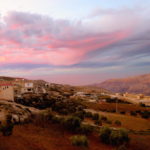
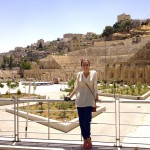
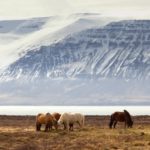
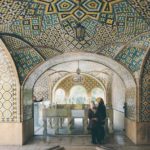
Super interesting, thanks for sharing.
Hey Great blog!!! I’m thinking about visiting South East Iraq in the near future. Ppl think I’m mad but know the media tends to sensationalise stories. I would love to hear more about yr experiences in Iraq.
By the way I’m kindergartens manager in Ranya- sulimaniyah
Great article!
It was all interesting.
I don’t know in which city you were teaching , but if you visited Sulimaniyah I think you can see how friendly are they, any city in Kurdistan have a different Style and culture.
Thanks for the article
Siamand